Ukrainian author Victoria Amelina never got to finish writing her book “Looking at Women, Looking at War.”
After she was killed in a Russian missile strike on Kramatorsk in Ukraine’s eastern Donetsk Oblast in 2023, it fell upon her closest friends and colleagues to do what they could to make sure it would still be published.
The book, which Amelina dubbed “a war and justice diary,” is partly a deeply personal chronicle of how Russia’s war led her to set aside her career as one of Ukraine’s most successful young writers to become a war crimes researcher. Amelina’s choice was driven by what she describes as the need to do her own part to hold Russian soldiers accountable for the horrors inflicted upon her fellow countrymen and women.
“I see the tremendous efforts you and your colleagues make to give justice a chance,” Amelina writes to human rights lawyer and Nobel Peace Prize Winner Oleksandra Matviichuk, one of the heroines of the book.
“Yet despite all our efforts, we still might lose. And if we lose, I want at least to tell the story of our pursuit of justice.”
The work she takes on is important but there is an undeniable psychological toll that comes with it. At the start of the full-scale war, she promises her son, who she had already brought to safety in Poland, that she would avoid going to Kyiv — but she goes anyway.
“You are a children’s writer, so you must find a way to explain why I lied. Will you?” she recounts asking her friend, fellow Ukrainian author Kateryna Mikhalitsyna.
“Looking at Women, Looking at War” is not merely a record of her own personal experience as a war crimes researcher, though — it is a testament to the resilience of a number of Ukrainian women whose lives have been forever changed by Russia’s war.
Writing about Amelina is difficult. For the first time in one of my book reviews, I find myself stepping beyond objectivity — I must let the personal "I" intervene. I knew Amelina — our friendship was still in its early stages, and though we were not that close, she made an impression on me that will last for a lifetime.
In 2022, we traveled together with three other Ukrainian authors to an international author symposium in Poland, in the village of Krasnogruda, near the Lithuanian and Belarusian borders. It was my first time speaking about the war to an international audience as a representative of Ukraine, and emotion overwhelmed me — I burst into a fit of tears.
Sitting beside me, Amelina reached under the table, placed a gentle hand on my knee, and gave it a reassuring squeeze. I took a deep breath, steadied myself, and found the strength to go on. Reading “Looking at Women, Looking at War,” one can easily picture her doing the same with so many of the people she describes meeting in the book — an author with a veritable talent is one that is a vessel for empathy, after all.
The testimonies of survivors of Russian occupation are some of the most difficult passages to read. There’s a story of the Zolotar family and what they lived through in Velyka Oleksandrivka in the formerly-occupied part of Kherson Oblast. Searching for her detained husband, Viktoria Zolotar is met with a brutal warning from a Russian soldier: “If you come here again, we’ll shoot you in the head — and believe me, we won’t miss.” With no answers and mounting fear, she has no choice but to evacuate her children to safety.
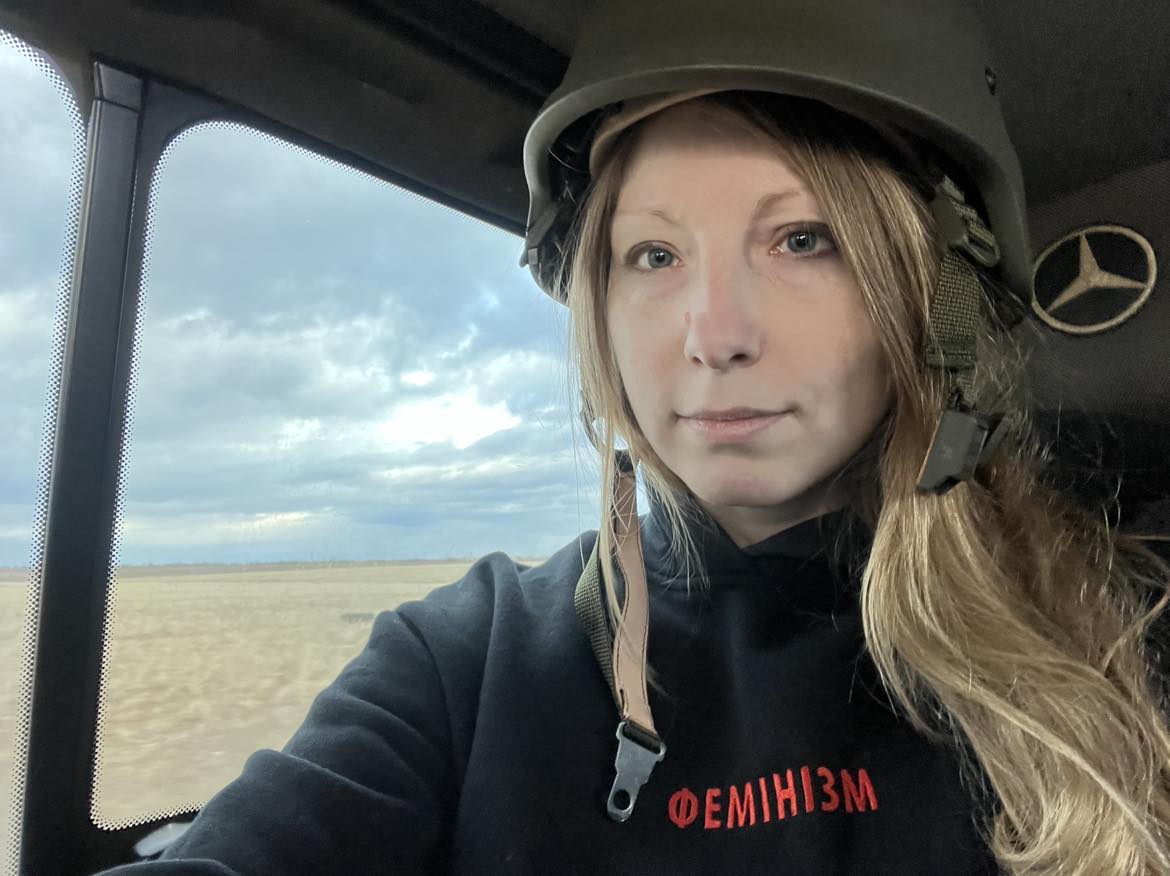 Ukrainian author Victoria Amelina traveling through Kherson Oblast, Ukraine in February 2023. (Victoria Amelina/Facebook)
Ukrainian author Victoria Amelina traveling through Kherson Oblast, Ukraine in February 2023. (Victoria Amelina/Facebook)Her husband is eventually released — but only after enduring relentless beatings. Just as she learns he was alive, a chilling call comes from his stolen phone. An accented Russian voice claims they have beheaded him. In the occupied territories, terror in all its forms is unrelenting.
Amelina also reflects in “Looking at Women, Looking at War” on the fate of Liubov Panchenko, the 84-year-old Ukrainian artist who starved to death during Russia’s occupation of Bucha in Kyiv Oblast. A member of the Sixtiers movement, Panchenko was part of a generation for whom art and resistance were inextricable — they wielded their creativity as both expression and defiance, even under the weight of Soviet repression. Having survived Soviet oppression, she was ultimately killed by its latest reincarnation.
The unavoidable flaw of “Looking at Women, Looking at War” is that the manuscript remains incomplete.
Additionally, there are stories of Ukrainian women who have poured everything they have into the fight against Russia — women who, like Amelina, have found new purpose during wartime, new roles, and new limits to push beyond.
Human rights lawyer Kateryna Rashevska meticulously scours social media and Russian state-controlled media, gathering evidence on Maria Lvova-Belova — the so-called Presidential Commissioner for Children’s Rights — who has orchestrated the abduction of tens of thousands of Ukrainian children. Rashevska’s relentless investigation will play a crucial role in the International Criminal Court’s decision to issue a warrant for Lvova-Belova’s arrest.
Amelina also profiles her mentor in the field of war crimes research, a woman who goes by the call sign “Casanova,” who initially stepped away from the work she began with the organization Truth Hounds after Russia’s 2014 invasion of Donetsk and Luhansk oblasts, hoping at last to settle down and build her dream home. But the full-scale invasion upends those plans, pulling her back into the painstaking, necessary task of documenting Russian war crimes once more.
The unavoidable flaw of “Looking at Women, Looking at War” is that the manuscript remains incomplete. The editors undertook the monumental task of preparing the manuscript for publication, striving to interfere as little as possible with the author’s voice. Some fragments call for context or even revision — but the editors prioritized authenticity.
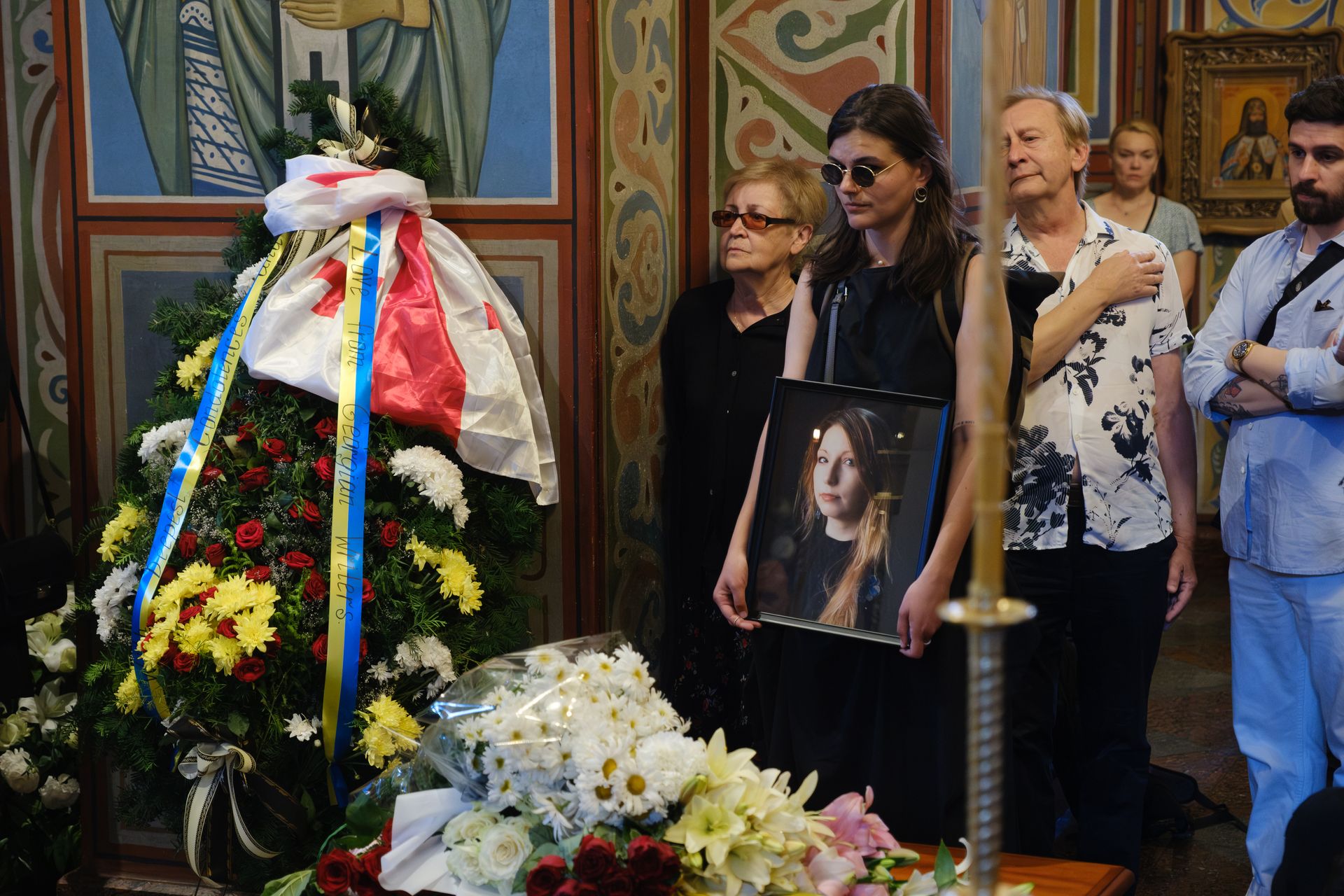 A woman in mourning holds a portrait of late Ukrainian author Victoria Amelina during a funeral ceremony at St. Michael’s Golden-Domed Monastery in Kyiv, Ukraine, on July 4, 2023. (Vitalii Nosach / Global Images Ukraine via Getty Images)
A woman in mourning holds a portrait of late Ukrainian author Victoria Amelina during a funeral ceremony at St. Michael’s Golden-Domed Monastery in Kyiv, Ukraine, on July 4, 2023. (Vitalii Nosach / Global Images Ukraine via Getty Images)“We are cognizant that in certain places it was difficult for the reader to read the unfinished text in the form of notes or fieldwork reports,” the editors write. “We hope that as you hold this document in your hands, you now understand the meaning of the empty pages in it.”
Occasionally, the notes from unfinished chapters read like abstract and forlorn free-verse poetry, their fragmented form echoing the weight of thought in wartime. Each broken line becomes a powerful reflection of the mind’s struggle to make sense of a beautiful world torn apart by war: “Two Kalashnikov bullets in my hand, the one that went through Stanislav’s leg and a berry pie from Ivanivka / we look for a man who just lost his wife; he might be a witness in a case of shooting at a civilian / cherry pie / kids playing / ringtone / two bullets.”
In its unfinishedness, “Looking at Women, Looking at War” ultimately mirrors the lives of countless Ukrainians, whose potential were tragically cut short by Russia's ongoing war of aggression. The contributions of these individuals to Ukraine remain irreparably unrealized. Those who survive are compelled to recognize and honor what they achieved in the brief span of their lives, acknowledging the immense loss not only to Ukraine but to the broader human experience.
Note from the author:
Hi, this is Kate Tsurkan, thanks for reading this article. There is an ever-increasing amount of books about or related to Ukraine available to English-language readers, and I hope my recommendations prove useful when it comes to your next trip to the bookstore. Ukrainian culture has taken on an even more important meaning during wartime, so if you like reading about this sort of thing, please consider supporting The Kyiv Independent.
Thousands of Ukrainian civilians are locked in Russian prisons — will US peace talks leave them behind?
When Ukrainian journalist Viktoriia Roshchyna’s body was returned from Russian captivity with organs missing to hide evidence of torture, the revelation sent shockwaves around the world. Roshchyna died in Russian captivity in the fall of 2024, but her body was only returned to Ukraine in February and officially identified in April. She was among 16,000 Ukrainian civilians held captive by Russia, according to Ukrainian authorities. The Geneva Conventions set strict limits on the detention of c


.png)
 German (DE)
German (DE)  English (US)
English (US)  Spanish (ES)
Spanish (ES)  French (FR)
French (FR)  Hindi (IN)
Hindi (IN)  Italian (IT)
Italian (IT)  Russian (RU)
Russian (RU)  8 hours ago
1
8 hours ago
1

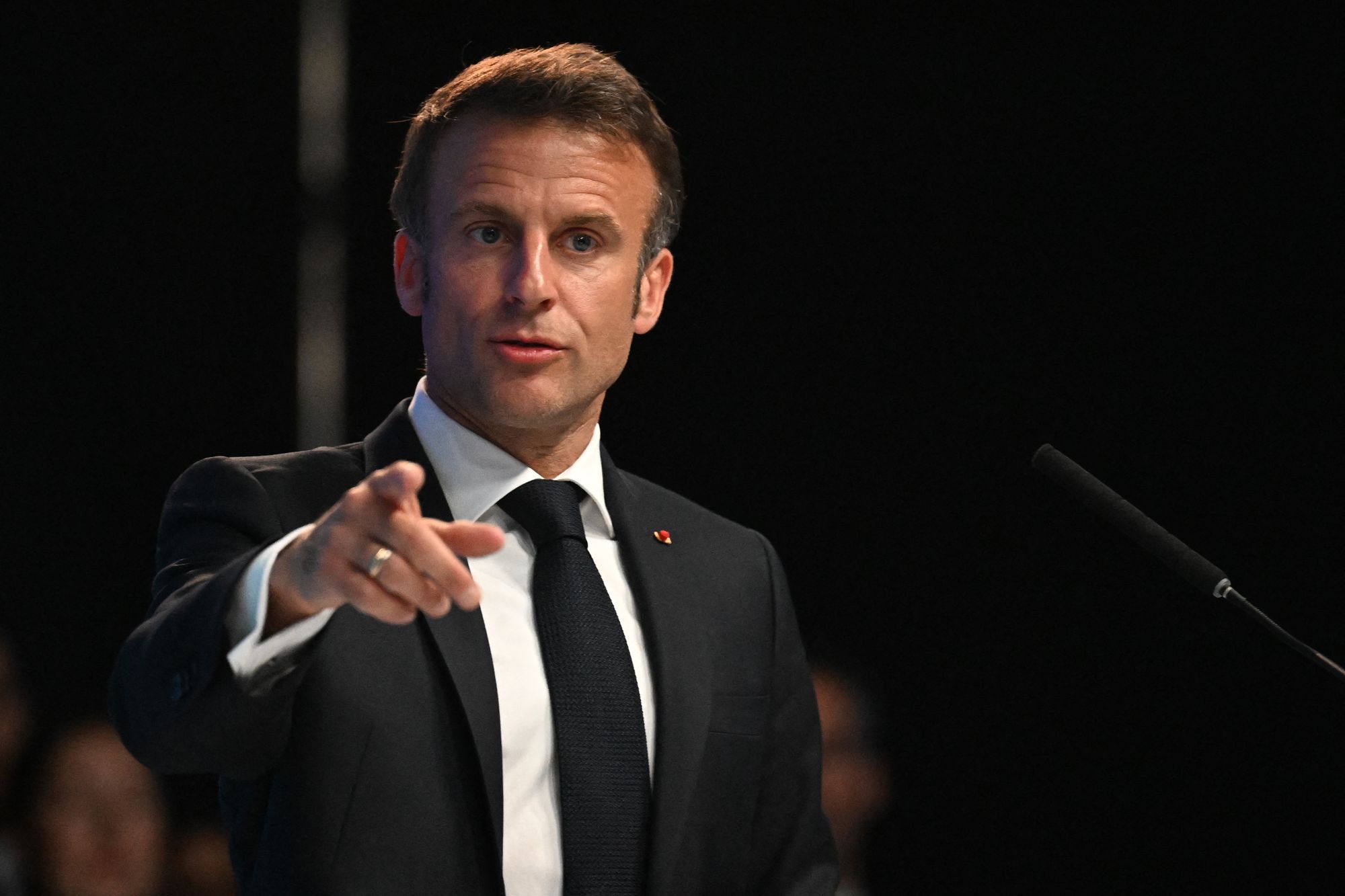
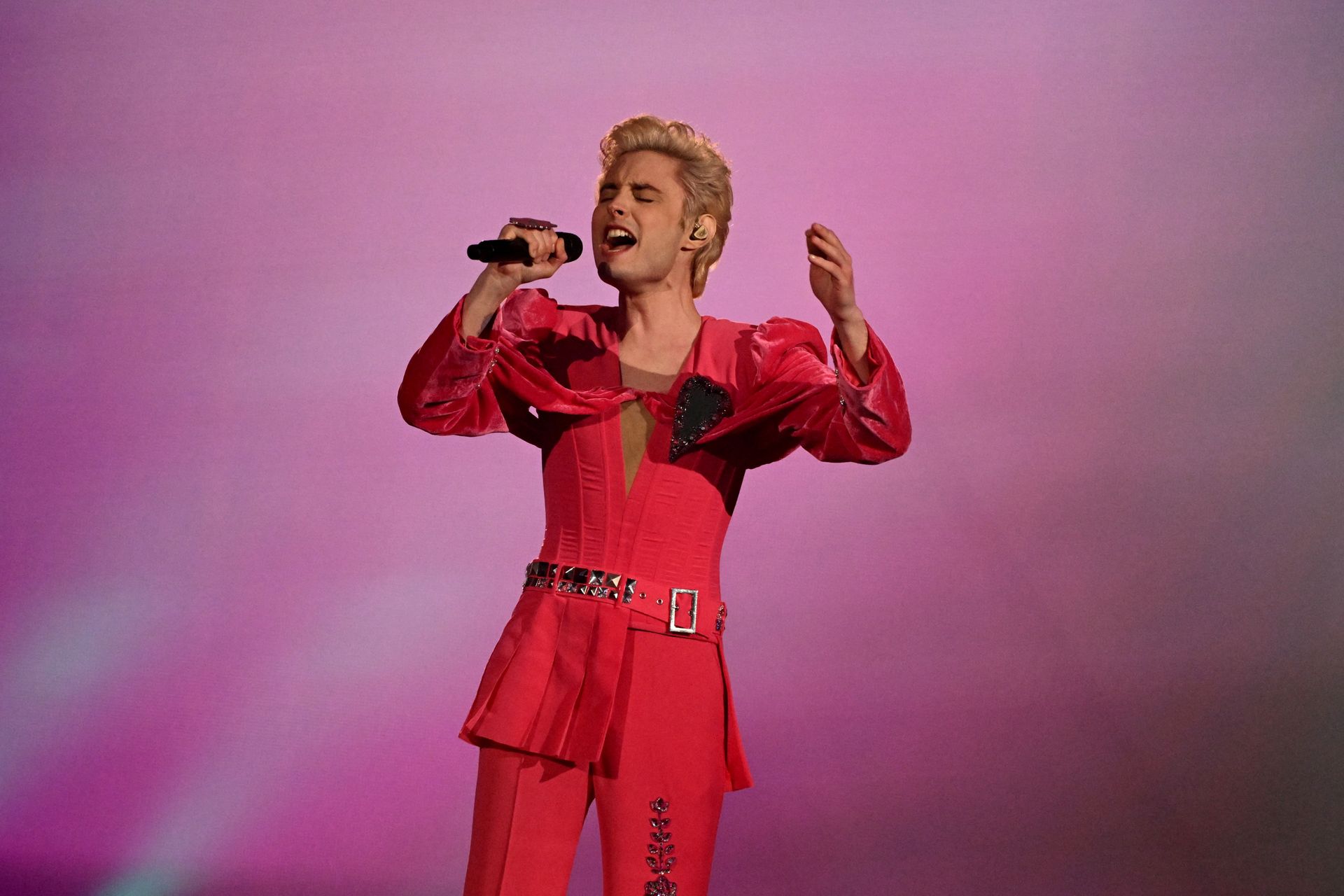
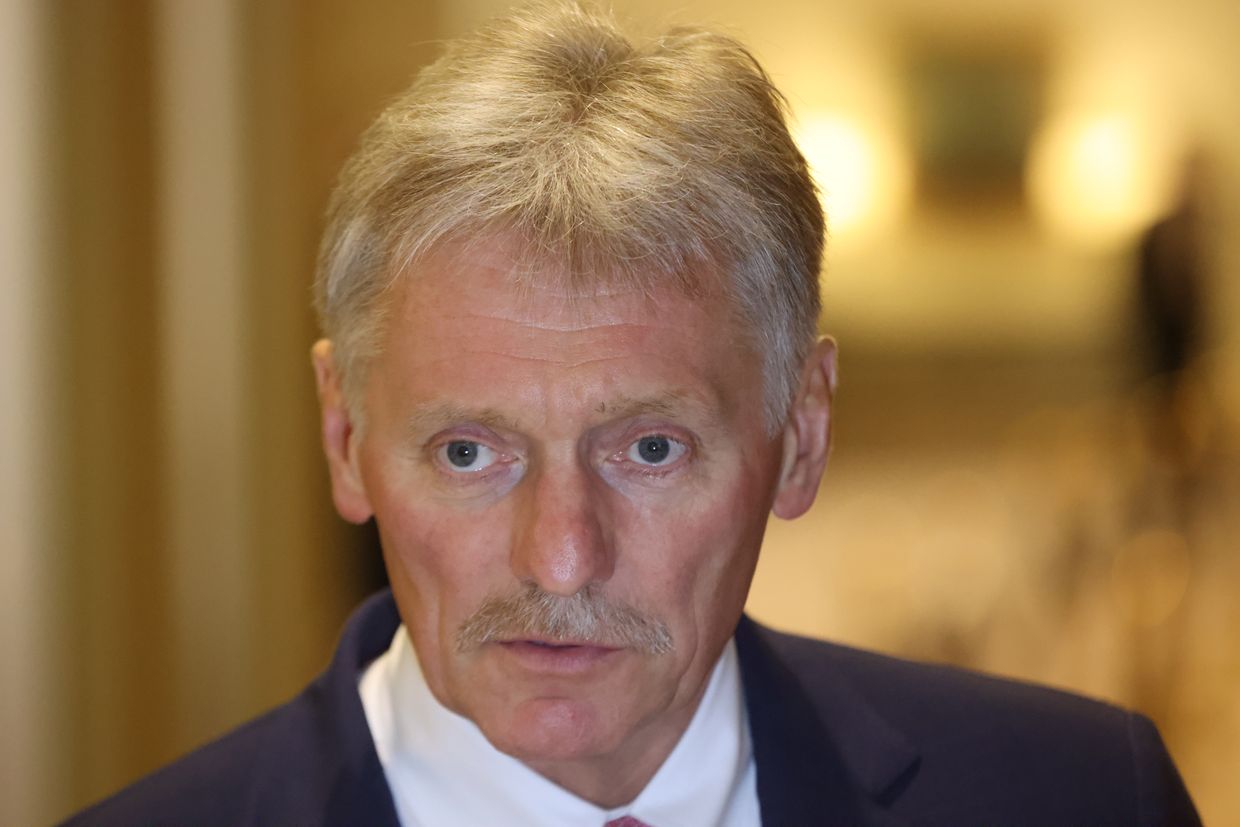

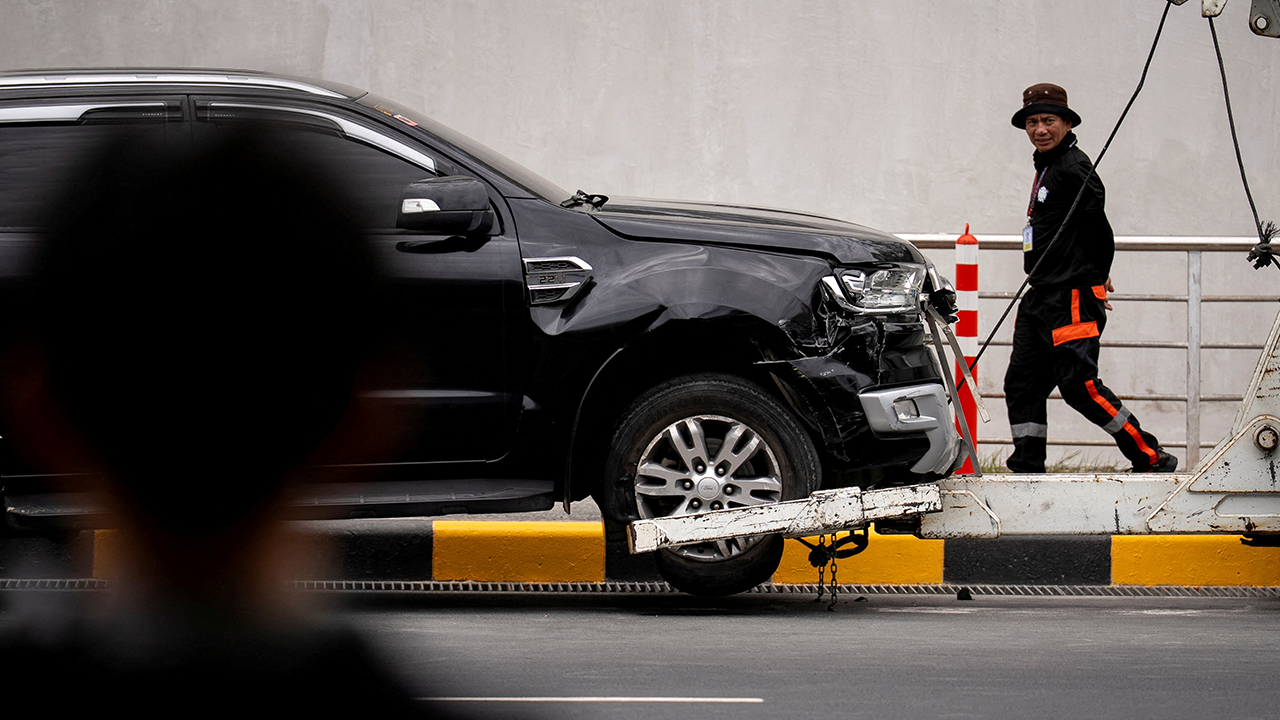
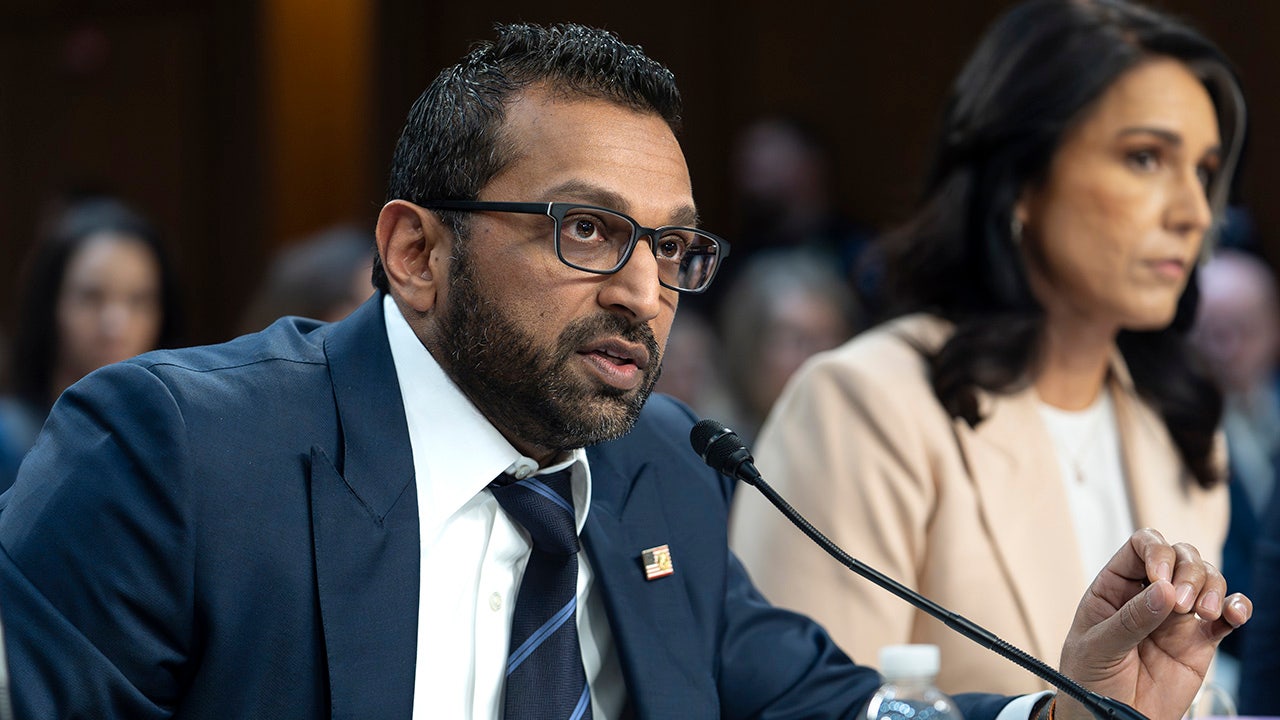
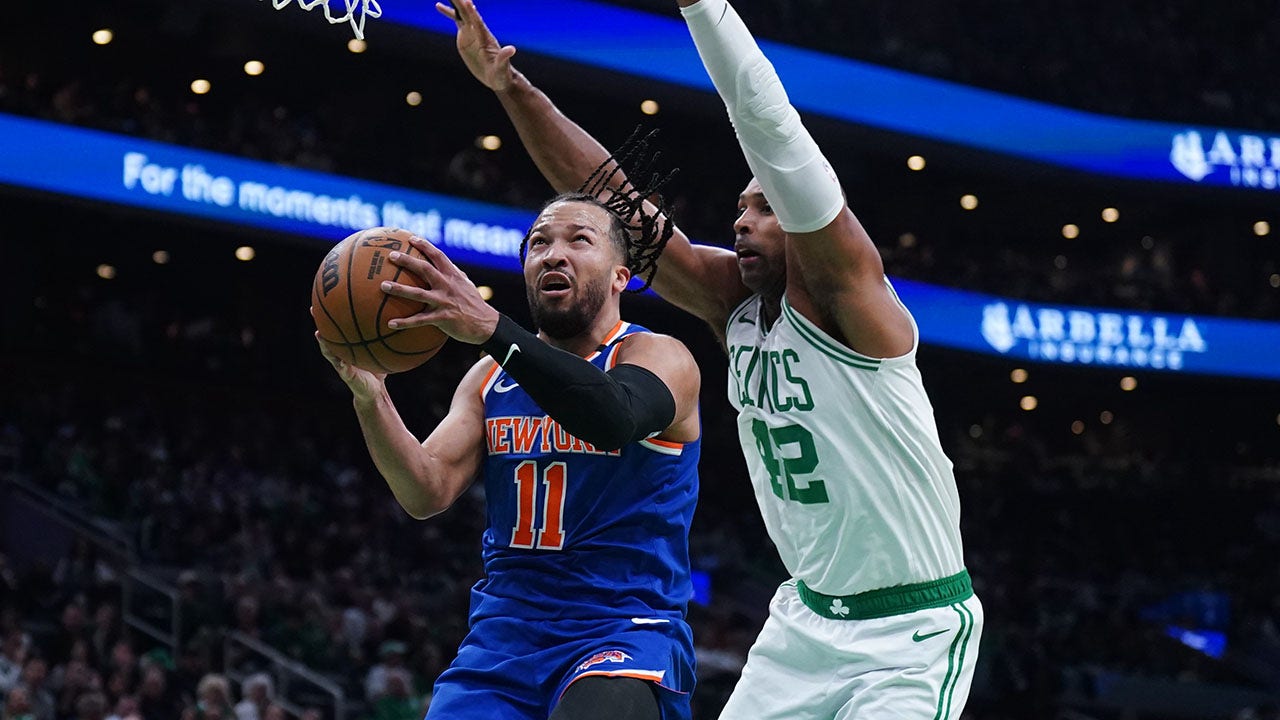
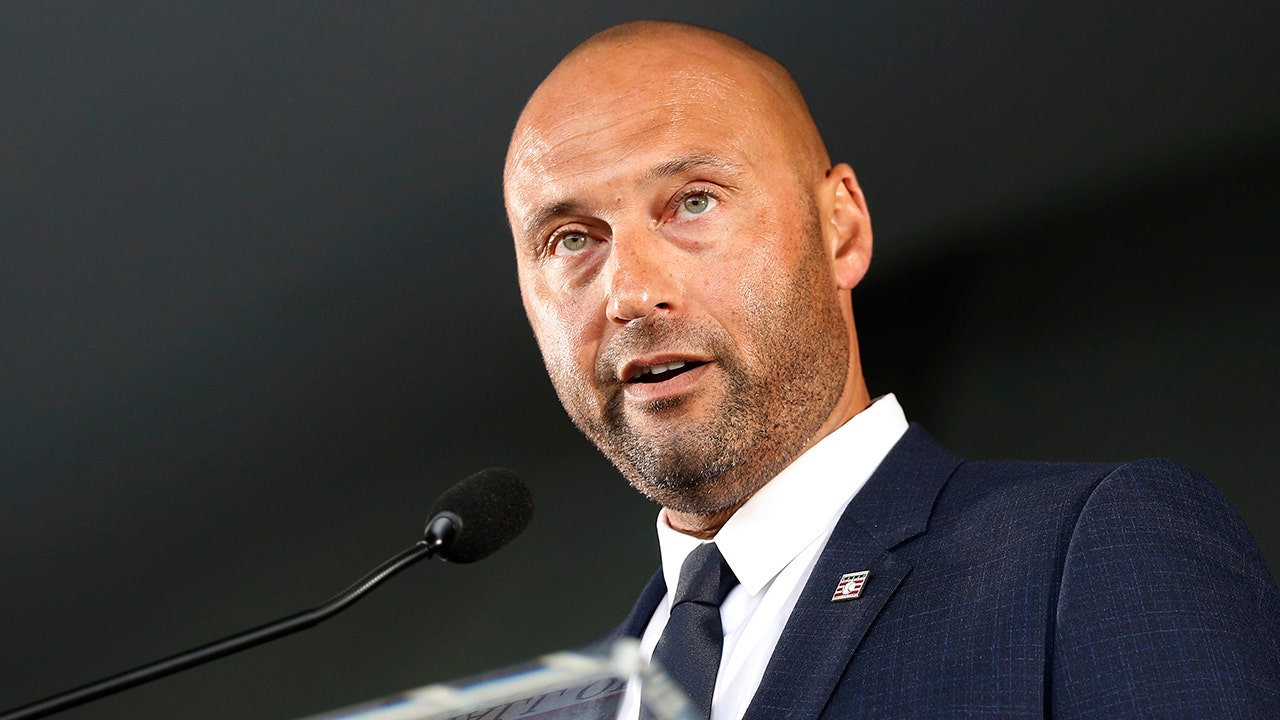
Comments